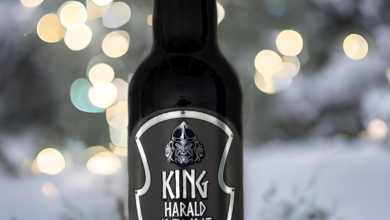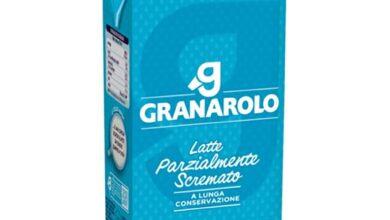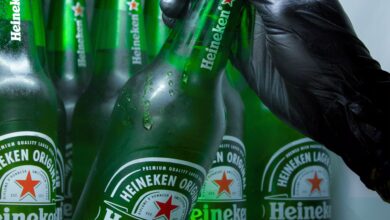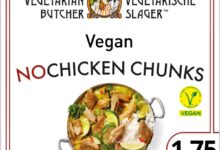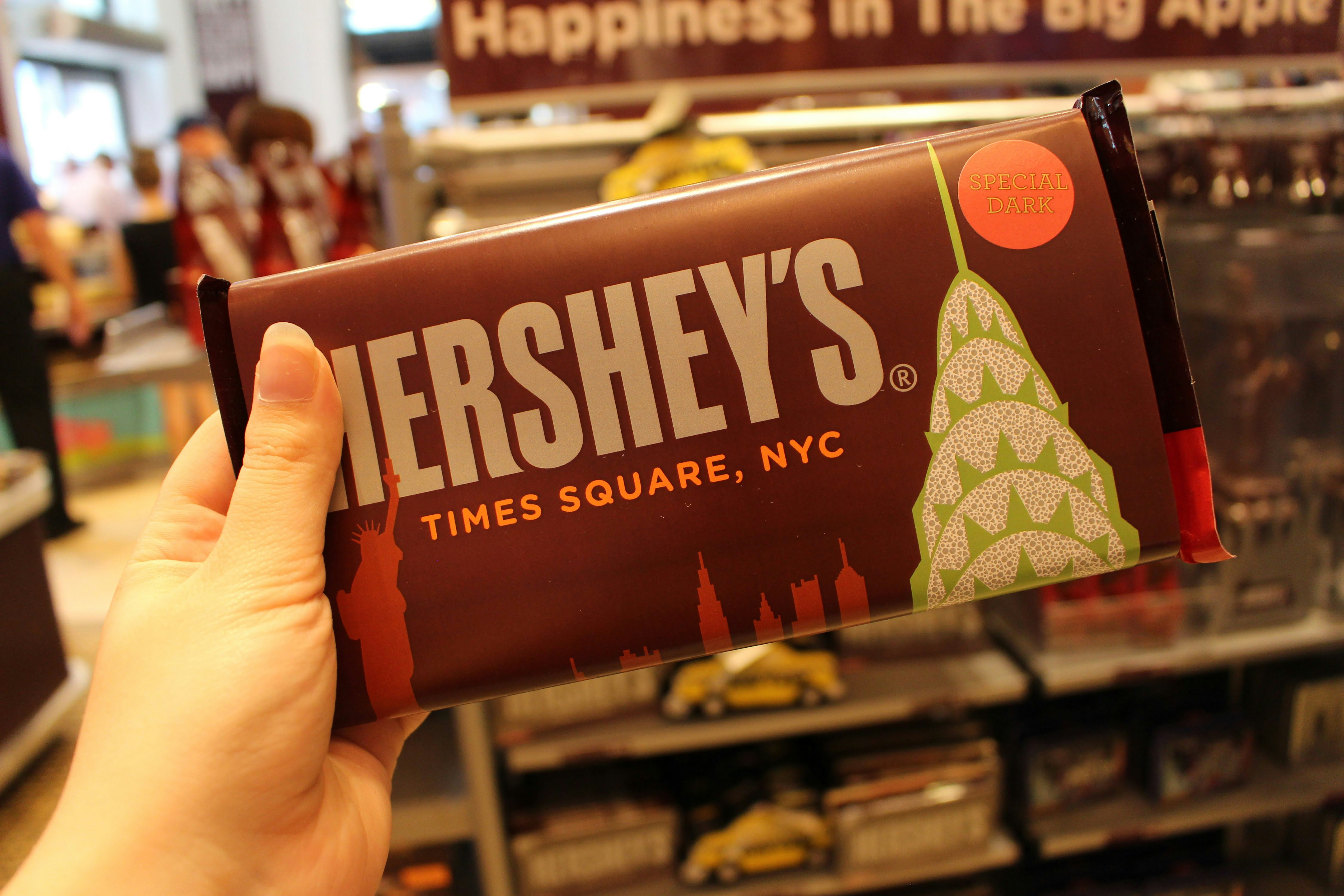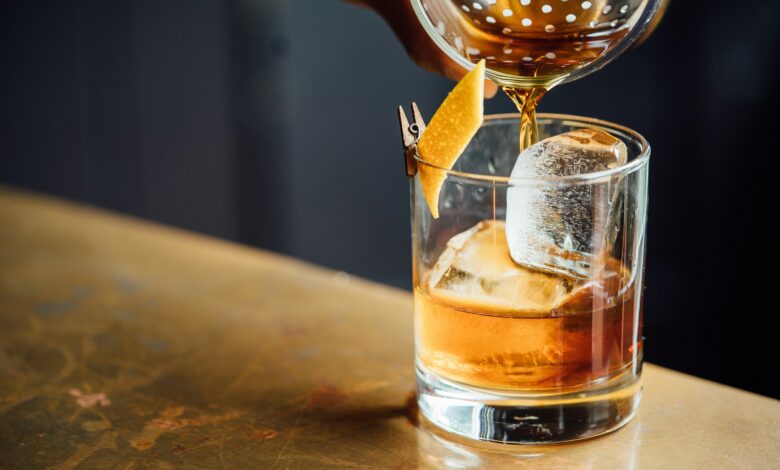
The private label distillery market has been experiencing significant growth globally in recent years. As consumers become more discerning about their alcoholic beverages, the demand for unique and high-quality spirits has risen. This has led to an increase in the popularity of private label distilleries, which produce spirits that are marketed under a retailer’s brand rather than the distiller’s own brand. This article explores the global dynamics, key players, regional insights, popular spirits, challenges, opportunities, and the future outlook of the private label distillery market.
Market Dynamics
Soaring Consumer Demand for Premium Spirits
The global spirits market is characterized by a diverse consumer base with evolving tastes and preferences. Increasingly, consumers are seeking out products that offer unique flavors and premium quality. According to a report by the International Wine and Spirit Research (IWSR), the global spirits market was valued at $554 billion in 2022, with a projected compound annual growth rate (CAGR) of 3.5% through 2027. This trend is particularly evident among millennials and Gen Z consumers, who are willing to pay a premium for artisanal and craft spirits. Private label distilleries have capitalized on this demand by offering bespoke products that cater to these sophisticated palates.
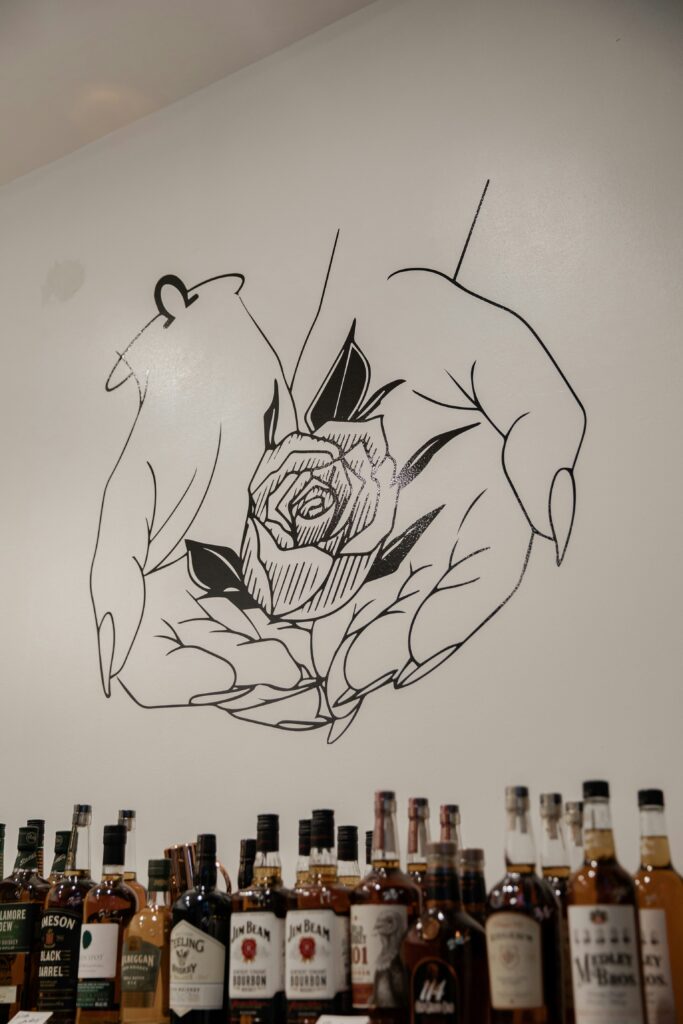
Retailers Betting Big on Private Label Spirits
Retailers worldwide have recognized the potential of private label spirits to drive customer loyalty and increase profit margins. According to Nielsen, private label spirits accounted for approximately 20% of total spirits sales in Europe and 15% in North America in 2022. Supermarkets and specialty stores have expanded their private label offerings to include a wide range of spirits, from gin and vodka to whisky and rum. By offering exclusive products that cannot be found elsewhere, retailers can differentiate themselves in a competitive market and foster stronger relationships with their customers.
Key Players
The private label distillery market comprises a mix of established distilleries and innovative new entrants. Some of the key players include:
- Dutch Spirits: Based in the Netherlands, Dutch Spirits has a strong reputation for producing high-quality private label products, including gin, vodka, and whisky.
- Alcoholes y Vinos: This Spanish company specializes in the production of private label wines and spirits, catering to both domestic and international markets.
- Distell Group: A major player in the spirits market, Distell Group produces a wide range of private label products for retailers across the globe.
- Heaven Hill Brands: An American distillery that offers private label spirits, including bourbon and vodka, to various retailers.
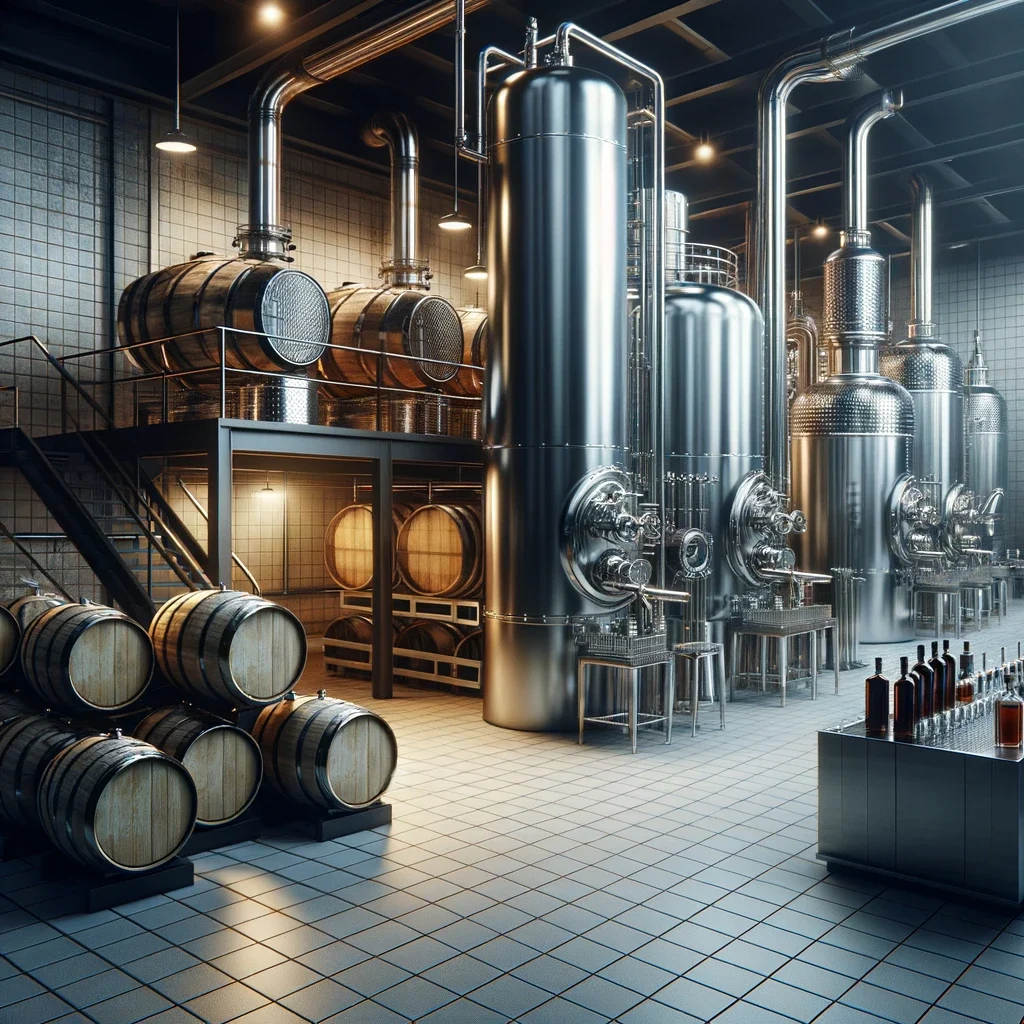
Most Popular Spirits in the Private Label Market
The private label spirits market is diverse, with several types of spirits gaining popularity among consumers:
Gin: The Craft Movement’s Darling
Gin has seen a significant rise in popularity, driven by the craft gin movement. According to the IWSR, global gin consumption reached 70 million 9-liter cases in 2022, with a significant portion attributed to private label products. Private label gins often emphasize unique botanicals and local ingredients, catering to consumers seeking distinctive flavor profiles.
- Popular Varieties: London Dry Gin, Flavored Gin (e.g., citrus, berry, herbal), Craft Gin.
- Consumer Preference: Premium and craft gins with unique botanicals and innovative flavor combinations.
Vodka: The Versatile Favorite
Vodka remains a staple in the private label market due to its versatility and wide consumer base. Private label vodkas often compete on purity and smoothness, with some offering unique infusions. In 2022, global vodka consumption was estimated at 500 million 9-liter cases, with private label brands making up about 10% of the market.
- Popular Varieties: Classic Vodka, Flavored Vodka (e.g., citrus, vanilla, pepper), Premium Vodka.
- Consumer Preference: Smooth and clean profiles, often used in cocktails.
Whisky: The Connoisseur’s Choice
Whisky, particularly Scotch, Irish whiskies, and American bourbon, are highly valued for their quality and heritage. The global whisky market was valued at $70 billion in 2022, with private label whiskies accounting for approximately 8% of sales. Private label whiskies appeal to both connoisseurs and casual drinkers looking for exclusive options.
- Popular Varieties: Single Malt Scotch, Blended Scotch, Irish Whiskey, Bourbon.
- Consumer Preference: Rich, complex flavors with a focus on aging and craftsmanship.
Rum: Rising Star in the Market
Rum has been gaining popularity, especially in its premium and spiced varieties. The global rum market was valued at $16 billion in 2022, with private label brands representing about 12% of the market. Private label rums often highlight their Caribbean origins and use of traditional production methods.
- Popular Varieties: White Rum, Dark Rum, Spiced Rum, Premium Aged Rum.
- Consumer Preference: Versatile for mixing or sipping, with a growing interest in aged and spiced versions.
Exploring Other Spirits
- Tequila and Mezcal: Rising interest in these Mexican spirits, with private labels offering high-quality, authentic options. The global tequila market was valued at $10 billion in 2022.
- Brandy and Cognac: Traditional spirits that continue to have a loyal following, especially in Europe and North America. The global brandy market was valued at $20 billion in 2022.
- Liqueurs and Aperitifs: Specialty spirits like limoncello, amaretto, and herbal liqueurs are also popular in the private label market.
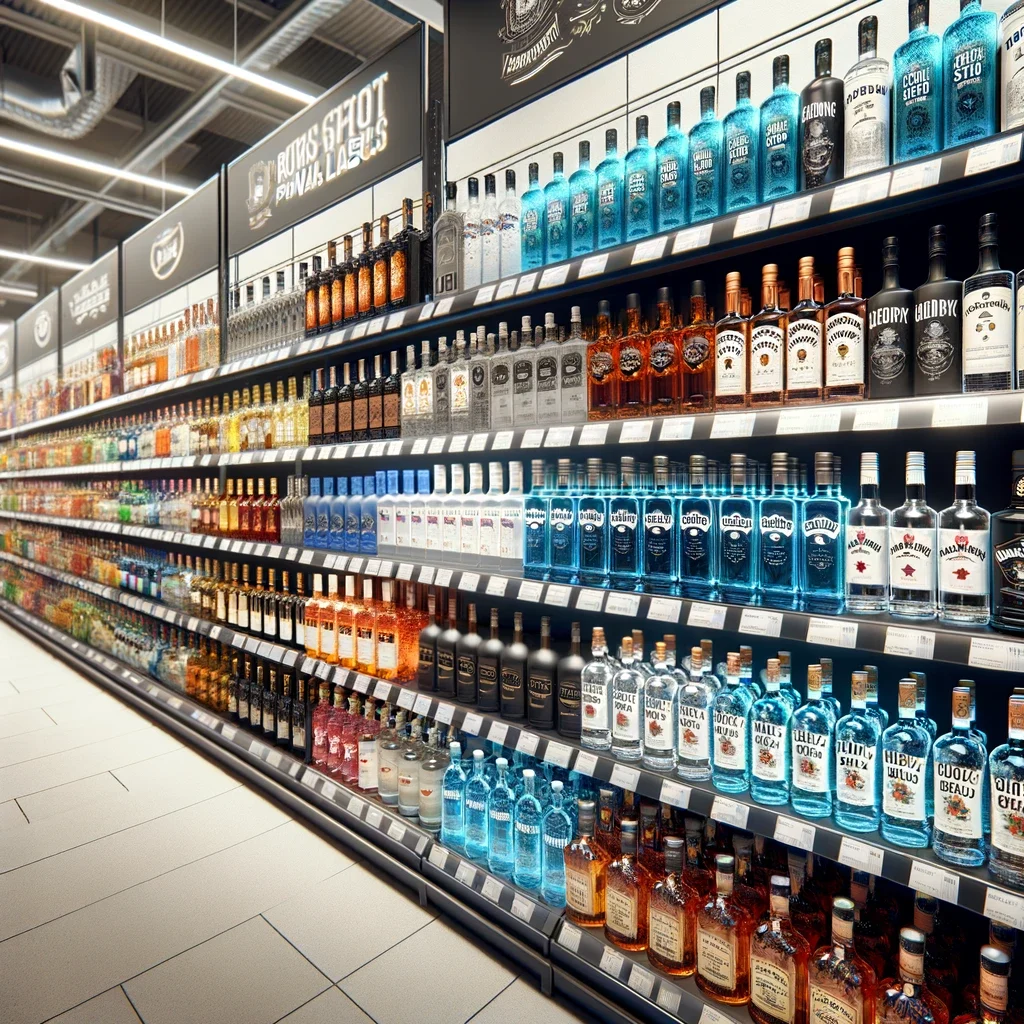
Regional Insights
Europe: Leading the Charge
Europe is one of the largest markets for private label spirits. British, German, and French consumers have a long-standing appreciation for premium spirits, and the numerous supermarkets and retailers have responded by offering a diverse array of private label options.
- UK Market Size: Valued at approximately £11.2 billion in 2022, with private label spirits accounting for around 15% of this market.
- German Market Size: Valued at approximately €5.8 billion in 2022, with private label spirits representing around 20% of the total market.
- French Market Size: Valued at approximately €4.7 billion in 2022, with private label spirits making up about 12% of the market.
North America: Innovation and Tradition
In North America, the private label spirits market is characterized by a mix of innovation and tradition. The United States, in particular, has a strong tradition of whisky production, and private label distilleries have capitalized on this heritage.
- US Market Size: The spirits market in the US was valued at approximately $78 billion in 2022, with private label spirits growing steadily.
- Growth Rate: The private label spirits segment in the US has seen a CAGR of about 7% over the past five years.
- Consumer Preference: Bourbon and flavored vodkas are particularly popular in the private label segment.
Asia-Pacific: Emerging Market
The Asia-Pacific region is an emerging market for private label spirits, driven by rising disposable incomes and a growing appreciation for premium beverages. Countries like China, Japan, and India are witnessing increased demand for high-quality, locally produced spirits.
- Chinese Market Size: The Chinese spirits market was valued at approximately $150 billion in 2022, with private label spirits making inroads.
- Japanese Market Size: Japan’s spirits market, known for its high-quality whisky, was valued at approximately $12 billion in 2022.
- Indian Market Size: The Indian spirits market, driven by whisky and rum, was valued at approximately $35 billion in 2022.
Challenges and Opportunities
Navigating Quality and Compliance
One of the main challenges facing the private label distillery market is the need to maintain high quality standards. As private label spirits become more popular, there is a risk that some producers may cut corners to keep costs down, potentially damaging the reputation of the private label segment as a whole. Additionally, the regulatory landscape for alcohol production can be complex and varies significantly between countries, posing challenges for distilleries operating across multiple markets.
Tapping into New Growth Areas
Despite these challenges, the private label distillery market offers numerous opportunities for growth. The increasing demand for premium and craft spirits presents a lucrative market for distilleries that can produce high-quality, unique products. Furthermore, the trend towards sustainability and organic production is likely to drive demand for private label spirits that are produced in an environmentally friendly manner.
Future Outlook
Embracing Production Innovations
Advancements in production techniques will be pivotal for the private label distillery market. Innovations such as small-batch distillation, use of unique botanicals, and aging processes will enable distilleries to create distinct and high-quality products. Technologies like AI and IoT are expected to streamline production, ensuring consistency and efficiency while maintaining artisanal qualities. These innovations will allow distilleries to meet the growing demand for bespoke and premium spirits.
Key Trends:
- AI and IoT Integration: AI can optimize distillation processes and quality control, while IoT devices can monitor and manage production facilities more effectively.
- Unique Botanicals: The use of rare and regional botanicals will help distilleries create unique flavor profiles that stand out in a crowded market.
- Advanced Aging Techniques: Experimentation with different aging processes, such as accelerated aging or using various types of barrels, will offer new taste experiences.
Diversifying Product Portfolios
The future will likely see an expansion in the range of private label spirits available. While gin, vodka, and whisky currently dominate, there will be increased offerings in categories such as flavored spirits, ready-to-drink cocktails, and non-alcoholic spirits. The rising popularity of health-conscious lifestyles will drive the growth of low-alcohol and alcohol-free options, providing distilleries with opportunities to cater to a broader audience.
Key Trends:
- Flavored and Infused Spirits: Growth in demand for spirits with added flavors such as fruit, herbs, and spices.
- Ready-to-Drink (RTD) Cocktails: A surge in the popularity of convenient, pre-mixed cocktails.
- Non-Alcoholic Spirits: Expansion into alcohol-free alternatives for health-conscious consumers.
Commitment to Sustainability
Sustainability will be a crucial focus for private label distilleries. Consumers are increasingly concerned about the environmental impact of their purchases, prompting distilleries to work closely with sustainable suppliers.
Key Trends:
- Eco-Friendly Packaging: Innovative packaging solutions, such as biodegradable bottles or reduced plastic usage, are becoming more prevalent.
- Carbon Neutrality: Achieving carbon neutrality through renewable energy use and carbon offset programs will be a goal for many distilleries.
Leveraging E-commerce and Direct-to-Consumer Sales
E-commerce will play a significant role in the future growth of the private label distillery market. The COVID-19 pandemic accelerated the shift towards online shopping, and this trend is expected to continue. Private label distilleries can leverage e-commerce platforms to reach a wider audience, offer personalized experiences, and gather valuable consumer data. Direct-to-consumer sales will also allow distilleries to build stronger relationships with customers and increase profit margins by bypassing traditional retail channels.
Key Trends:
- Digital Marketing: Leveraging social media, influencer collaborations, and targeted online advertising to drive brand awareness and sales.
- Subscription Services: Offering subscription-based models for exclusive access to new products and limited editions.
- Virtual Tastings: Engaging consumers through online tasting events and interactive experiences to build community and loyalty.
Building Strategic Partnerships
Collaborations between private label distilleries and other industry players, such as bars, restaurants, and hotels, will become more prevalent. These partnerships can help distilleries gain visibility and credibility while offering exclusive products to partners. Additionally, collaborations with local farmers and suppliers can ensure a steady supply of high-quality ingredients and strengthen the distillery’s commitment to supporting local economies.
Key Trends:
- Exclusive Partnerships: Creating special editions or bespoke products for high-end bars, restaurants, and hotels.
- Local Sourcing: Strengthening relationships with local suppliers to enhance the authenticity and sustainability of products.
- Industry Events: Participating in trade shows, festivals, and collaborative marketing campaigns to boost brand presence.
Adapting to Regulatory Changes
The regulatory landscape for alcohol production and distribution is constantly evolving. Future changes in regulations, particularly concerning health warnings, advertising, and labeling requirements, will impact the private label distillery market. Distilleries must stay abreast of these changes and adapt their practices accordingly to ensure compliance and avoid potential penalties. Proactive engagement with regulators and industry associations can also help shape favorable policies and standards.
Key Trends:
- Labeling Requirements: Stricter regulations on ingredient disclosure and health warnings may come into effect, requiring transparent communication with consumers.
- Advertising Restrictions: Changes in advertising laws, particularly those targeting younger audiences, could impact marketing strategies.
- Sustainability Regulations: Potential new laws promoting sustainability practices could provide incentives for eco-friendly operations.
Investing in Branding and Marketing
Effective marketing and branding will be crucial for the success of private label distilleries. As the market becomes more competitive, distilleries will need to invest in building strong brands that resonate with consumers. This includes creating compelling narratives around the brand’s heritage, production methods, and commitment to quality. Social media, influencer partnerships, and experiential marketing events will be key strategies for engaging consumers and building brand loyalty.
Key Trends:
- Brand Storytelling: Emphasizing the unique history, values, and production processes of the brand to create a strong emotional connection with consumers.
- Experiential Marketing: Hosting events, tastings, and tours to provide immersive brand experiences.
- Influencer Collaborations: Partnering with influencers to reach new audiences and build credibility.
Conclusion
The private label distillery market is a vibrant and growing sector, driven by changing consumer preferences and strategic retailer initiatives. With a focus on quality, innovation, and sustainability, private label distilleries are well-positioned to capitalize on the opportunities presented by this evolving market. As the industry continues to expand, it will play an increasingly important role in shaping the future of the global spirits market. By embracing innovation, sustainability, and effective marketing, private label distilleries can ensure long-term success and growth in this dynamic industry.



